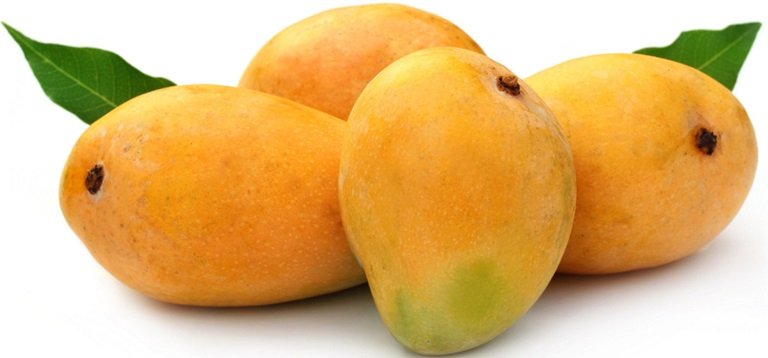Considering the issue of rampant use of banned calcium carbide, FSSAI has permitted the use of ethylene gas as a safer alternative for fruit ripening in India.
The Food Safety and Standards Authority of India (FSSAI) has alerted traders’/fruits handlers/Food Business Operators (FBOs) operating ripening chambers to strictly ensure compliance with the prohibition on calcium carbide for artificial ripening of fruits, particularly during the mango season. FSSAI is also advising Food Safety Departments of States /UTs to remain vigilant and take serious action and deal stringently against person(s) indulging in such unlawful practices as per the provisions of FSS Act, 2006 and Rules/Regulations made thereunder.
Calcium carbide, commonly used for ripening fruits like mangoes, releases acetylene gas which contains harmful traces of arsenic and phosphorus. These substances, also known as ‘Masala’, can cause serious health issues such as dizziness, frequent thirst, irritation, weakness, difficulty in swallowing, vomiting and skin ulcers, etc. Additionally, acetylene gas is equally hazardous to those handling it. There are chances that calcium carbide may come in direct contact with fruits during application and leave residues of arsenic and phosphorus on fruits.
Due to these dangers, the use of calcium carbide for ripening fruits has been banned under Regulation 2.3.5 of the Food Safety and Standards (Prohibition and Restrictions on Sales) Regulations, 2011. This regulation explicitly states, “No person shall sell or offer or expose for sale or have in his premises for the purpose of sale under any description, fruits which have been artificially ripened by use of acetylene gas, commonly known as carbide gas.”
Considering the issue of rampant use of banned calcium carbide, FSSAI has permitted the use of ethylene gas as a safer alternative for fruit ripening in India. Ethylene gas can be used at concentrations up to 100 ppm (100 μl/L), depending upon the crop, variety and maturity. Ethylene, a naturally occurring hormone in fruits, regulates the ripening process by initiating and controlling a series of chemical and biochemical activities. The treatment of unripe fruits with ethylene gas triggers the natural ripening process until the fruit itself starts producing ethylene in substantial quantities.
Further, the Central Insecticides Board and Registration Committee (CIB & RC) has approved Ethephon 39 per cent SL for the uniform ripening of mangoes and other fruits. FSSAI has published a comprehensive guidance document titled “Artificial Ripening of Fruits – Ethylene gas a safe fruit ripener” (https://www.fssai.gov.in/upload/uploadfiles/files/Guidance_Note_Ver2_Artificial_Ripening_Fruits_03_01_2019_Revised_10_02_2020.pdf) suggesting the Food Business Operators to follow the procedure for artificial ripening of fruits. This document outlines a Standard Operating Procedure (SOP) incorporating all aspects of artificial ripening of fruits by ethylene gas viz. Restrictions, Requirements for Ethylene Ripening System/Chamber, handling conditions, Sources of Ethylene Gas, Protocol for application of Ethylene gas from various sources, post treatment operations, safety guidelines etc.
Considering the issue of rampant use of



